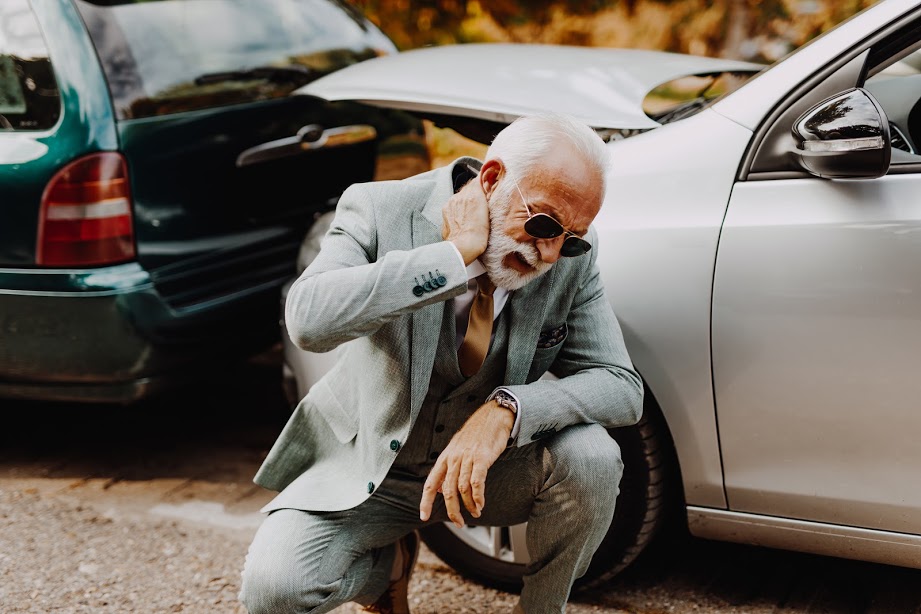If you have an auto accident claim, the onus is on you to prove the defendant’s liability and your damages. Strong and diverse evidence will help you prove your case. Thus, you must collect and preserve the evidence until you conclude your case. Below are some tips that can help.
Act Fast
Many forms of evidence fade or go stale with time. Thus, you must start collecting evidence as soon as you can after your accident. If you are not seriously hurt, start collecting evidence before leaving the accident scene. You can:
- Take pictures and videos of the accident scene, damages, and injuries.
- Wait for the police to arrive and generate their report.
- Gather contact information from the other victims, liable party, and potential witnesses.
In case you are seriously hurt and must go to the emergency room, return to the accident scene as soon as you can.
Seek Medical Advice
The main reason to seek medical advice after an accident is to diagnose and treat your injuries. However, a secondary reason is to generate relevant evidence for your claim. Your medical care will generate medical history that you can use to prove:
- The cause of your injuries
- The nature of your injuries
- The extent of your injuries
- The cost of your injuries
- Your injuries’ prognosis
Say you have internal bleeding, and you don’t seek medical early enough. You might struggle to prove to the defendant or court that the auto accident caused your internal bleeding. Another example is using home remedies for your injuries. You might struggle to prove your treatment costs. Thus, prompt medical care is necessary — even if you suspect you only have minor injuries.
Consider Everything
You will need all the evidence you can garner to win your case. Don’t discount anything — it is better to have something and not need it than to need something, and you don’t have it. In the same vein, don’t jump to conclusions as to the accident’s cause. Some of the things to consider include:
- The road conditions
- The other driver’s actions
- Car defects
You will preserve a lot of evidence if you consider everything. For example, opened alcohol cans in the driver’s seat might indicate that they were drinking and driving. You can use the information to prove driving under the influence (DUI) accident.
Document Everything
Document everything related to the accident from the beginning. Documentation is easier to preserve than human memory. For example, you should write down:
- Witnesses’ contact information
- Your initial observations after the accident
- Your recovery progress
- Out-of-pocket expenses, such as cab fare
In addition, you should insist on documentation for all expenses related to the accident. For example, the mechanic that repairs your car must document the damages and their costs. You should also request and make copies of critical documents, such as medical records, police reports, and missed contracts (to help prove lost wages).
Send a Spoliation Letter
Lastly, some of the evidence you need might not be in your hands. Those in possession of such evidence might lack the motivation to keep or preserve them. Send a spoliation letter to such third parties so that they can preserve such evidence.
A spoliation letter is a legal order that puts third parties on notice to preserve evidence in their original form. That way, the parties cannot argue that something accidentally destroyed your evidence. The at-fault driver, their employer, and even witnesses are some of the parties you can send spoliation letters to.
At Piedra London P.A. our goal is to collect and preserve the evidence you need for your auto accident claim. We will also help you pursue the damages you deserve. Contact us for a free initial consultation to determine the direction your case should take.

